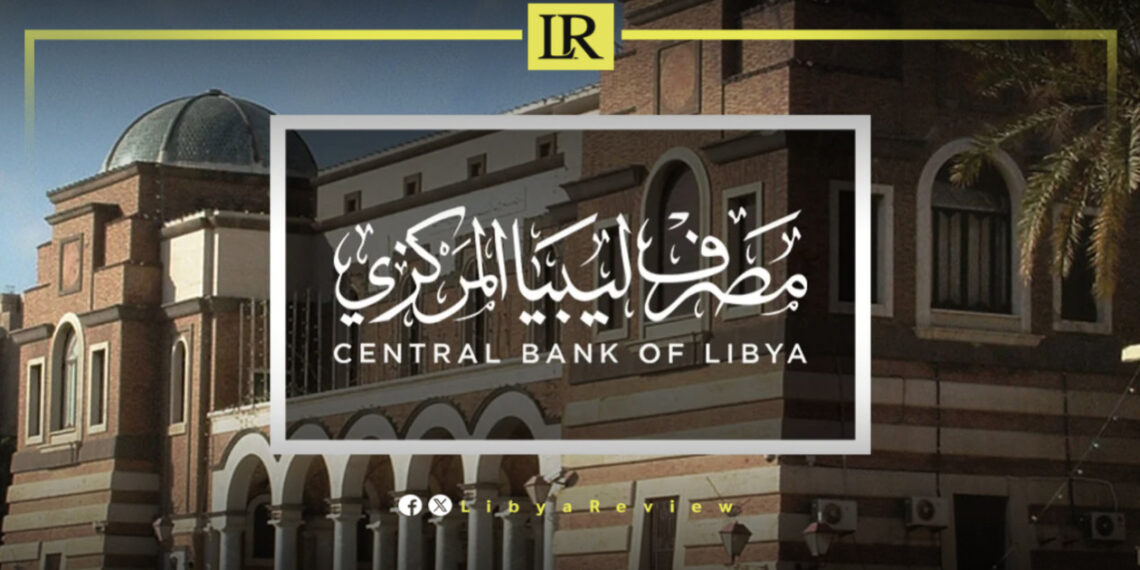Several foreign banks have stopped dealing with the Central Bank of Libya following recommendations from the U.S. Treasury Department, according to The Economist. The decision comes as uncertainty looms over who is in charge of the bank, with competing factions vying for control amid Libya’s ongoing political turmoil.
This development could have severe consequences for Libya, a country that heavily relies on imported goods, including essential items like food and medicine. Any prolonged isolation from the global financial system could significantly disrupt Libya’s access to these critical imports, threatening to worsen the country’s economic and humanitarian situation.
Libya’s financial system has long been plagued by instability, and the current uncertainty over the leadership of the Central Bank threatens to push the country further toward economic collapse. The bank’s vital role in managing Libya’s oil revenues and foreign reserves makes it a crucial institution, and the recent suspension of international banking ties adds another layer of complexity to the nation’s financial woes.
Despite the ongoing crisis, The Economist reported that employees of the Libyan state and allied militias loyal to the Government of National Unity (GNU), led by Abdulhamid Dbaiba, received their salaries last month.
However, it remains unclear whether salaries will continue to be paid in the months ahead, raising concerns about growing financial instability. If salary payments halt, it could further destabilize the fragile situation, with serious repercussions for the country’s public sector and militia groups, which play a crucial role in maintaining Dbaiba’s hold on power.
The uncertainty over future payments reflects the broader financial crisis facing the country. With foreign banks hesitant to engage with the Central Bank of Libya, Dbaiba’s administration faces increasing difficulties in managing the country’s finances.
In a bold move, The GNU Prime Minister recently deployed militias to seize control of the Central Bank, which holds the largest foreign currency reserves in Africa. This power grab also involved the ousting of the long-standing Central Bank Governor Al-Siddik Al-Kabir, who was forced into exile in Turkey. Al-Kabir had been a key figure in the management of Libya’s finances, but his removal signals a new phase in the struggle for control of the country’s financial institutions.
Since the fall of Muammar Gaddafi in 2011, Libya has been divided by competing political factions and governments, each seeking control over the country’s oil wealth and financial institutions. The Central Bank has been at the center of these power struggles, with various factions viewing control of the bank as essential to securing their political dominance.
In addition to the political turmoil, Libya’s economy is heavily dependent on oil revenues, which have been disrupted multiple times over the past decade due to conflicts and shutdowns. Most recently, the Parliament-designated Prime Minister Osama Hammad declared force majeure on Libya’s oil fields and ports, halting production and exports. This move has further strained the country’s economy, as oil revenues are Libya’s primary source of income.


